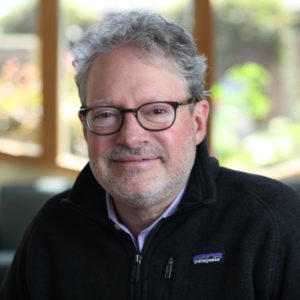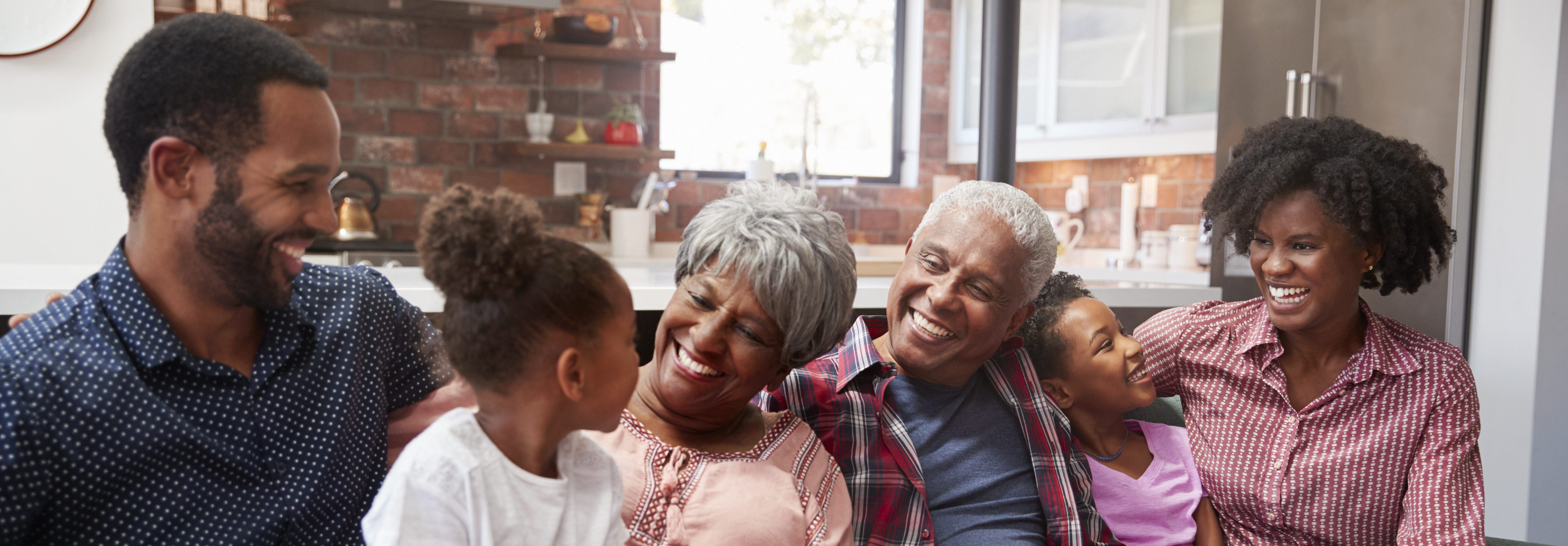by Buck Institute
February 26, 2019 . BLOG
Interview with Marc Freedman: Fostering social connections for healthy aging
By Irene Park, Buck Science Writer
By now, it is common knowledge that the U.S. population is rapidly aging. For the first time in history, the older generation (over 65 years old) is projected to outnumber the younger generation (under 18 years old) by 2035. Longevity comes at a price: By 2026 it is expected that aging-associated diseases will cost the healthcare system $5.7 trillion, $2 trillion more than current spending.
Here at the Buck Institute, our labs focus on uncovering the basic biological mechanisms of aging to answer the question nearly everyone asks: How can one age in the best, healthiest way possible? By studying the basic processes of aging, perhaps researchers can figure out how to slow or even reverse it. And these ideas may soon be a reality as several drugs designed to impede the aging process are now advancing to clinical trials.

Marc Freedman (photo credit: encore.org)
Studying biology, however, is only one way to tackle questions about healthy aging. Marc Freedman, founder and CEO of encore.org, a nonprofit organization that aims to engage older adults with fulfilling work, believes that developing and maintaining social connections is key to healthy aging. Studies have shown social isolation in older adults is associated with a higher risk for cardiovascular diseases, cognitive decline, and even mortality. In fact, former U.S. Surgeon General Vivek Murthy identified social isolation as one of our biggest public health threats, saying that loneliness has a similar effect on lifespan as smoking up to 15 cigarettes a day. The Blue Zones Project — an initiative that adapts observations from longevity hotspots around the world to improve communities’ well-being — also emphasizes social connectedness as one of the key factors in longevity.
Since our current society is full of gadgets and social media outlets designed to keep us in touch with one another, it may seem ironic that 43% of older adults felt lonely according to a 2012 study. Freedman said that this is at least partly due to the physical distance between older people and their younger family members, eventually leading to the general feeling that the two generations have nothing in common. Freedman called this radical separation between the older and younger generations as “age apartheid.”
Freedman added that the current society’s over-emphasis on efficiency might have contributed to the increasing drift between generations.
“We need more proximity, more vehicles to connect the generations in housing, neighborhoods, workplaces, educational institutions…We need to ‘undo’ a lot of the damage — often inadvertent — that we’ve done over the last decade in separating people out of false notions of efficiency and find ways to create entirely new social institutions that integrate generations. And I think we as individuals need to ask ourselves whether we live in an age bubble or not.”
So what can the older generation do to feel less isolated?
Last month, the Commonwealth Club hosted an event at the Buck featuring Freedman and Dr. Alison Gopnik, a child psychology professor at UC Berkeley, to discuss some of the themes in Freedman’s latest book, How to Live Forever. The book encourages the older and younger generations to interact, regardless of familial relations. This interaction can help older generations mentor younger generations and pass on their knowledge, figuratively living past their biological lifespan.
Freedman says that mentoring gives older people a sense of responsibility by providing opportunities to make a difference in younger people’s lives. Ultimately, this sense of responsibility might mitigate the feelings of uselessness and invisibility experienced by some members of older generations. According to Harvard psychiatry professor George Valliant, older people who mentor the younger generation are three times as likely to be happy than those who do not.
One of the projects funded by encore.org’s Gen2Gen Encore Prize is Nuns and Nones. This project aims to connect nuns and millennials with no religious affiliation (“nones”) through in-person meetings, online conversations, and short-term co-residence. One of the initial group meetings was in the San Francisco Bay Area — in Burlingame, California. Discussing this project, Freedman mentioned how the younger generation can also benefit from its interaction with older individuals.
“A group of the millennial ‘nones’ who are focused on social changes have sought out older sisters who have frequently dedicated their lives to service to find out what they’ve learned from their journey,” Freedman said. “It’s a great example of younger people reaching out to the older generation out of the realization that they, too, someday will be older, and wanting to gain lessons that can too enrich their lives.”
Freedman said these social projects and aging biology research are both necessary since addressing physical and mental ailments go hand in hand. For example, being involved with social activities (e.g. taking classes) often also involves physical activity.
Furthermore, like exercise, social connections are associated with healthy aging, but it is not clear how they help on a molecular level. Freedman recalled a comment from Dr. Linda Fried, the Dean of Columbia University’s Mailman School of Public Health, about how it could be beneficial to prescribe drugs that have the same effect as social interactions.
“There’s a great need to understand more fully what we gain through [social] connections,” Freedman said. “As a physician, [Dr. Fried] really wanted to be able to prescribe social connections for her patients. So many of her older patients had headaches and pains, but the primary things ailing them were the lack of purpose, the lack of connection, and a reason to get up in the morning.”
Listen to the full event from the Commonwealth Club here.

SHARE